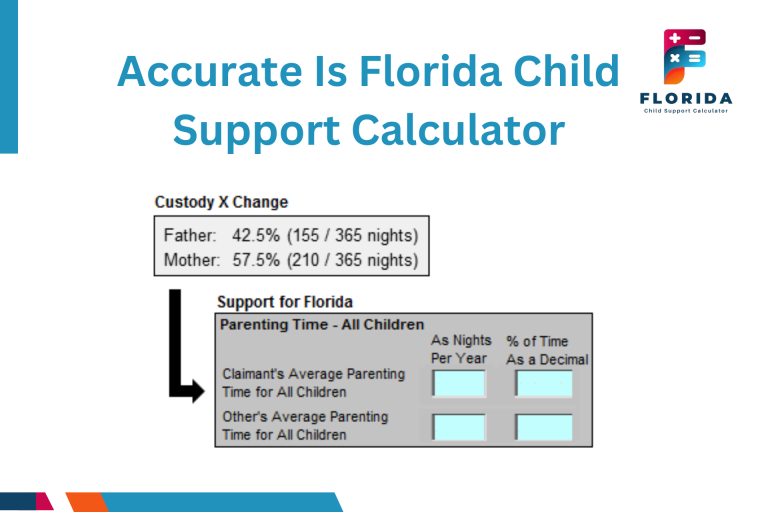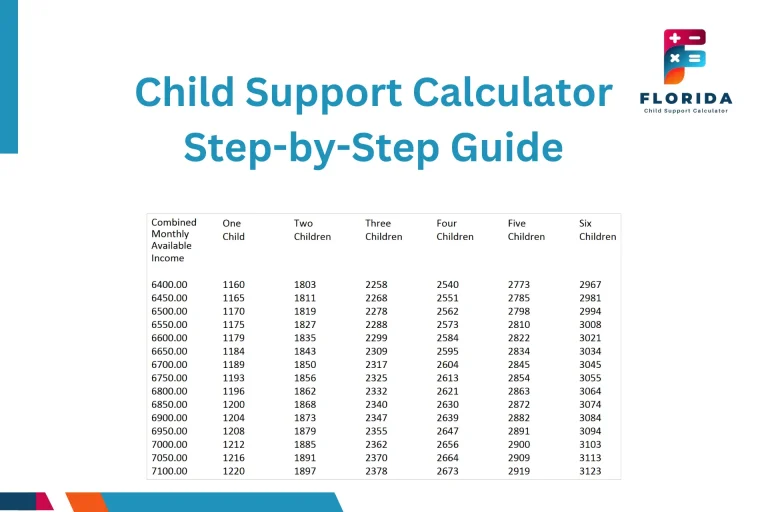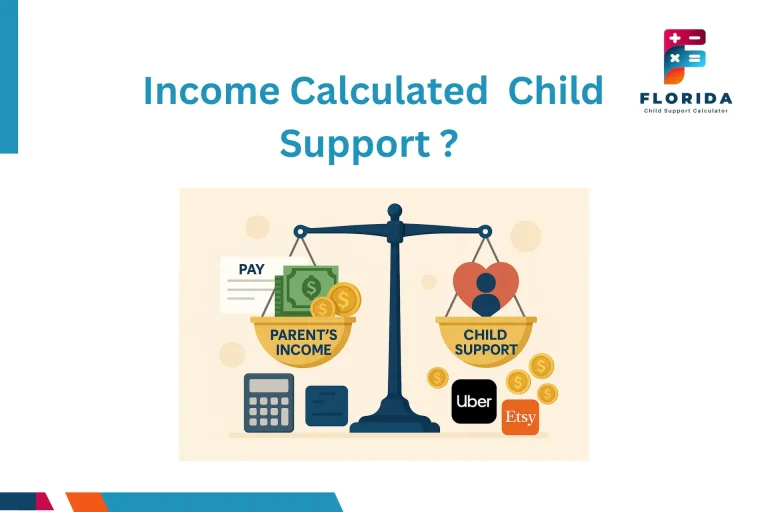Balancing Custody and Finances After Divorce in Florida
Balancing custody and finances after divorce in Florida can feel like juggling fire, with one hand tied behind your back. You’re trying to stay fair, follow court orders, and still afford groceries. Sounds wild, right? But you’re not alone. In Florida, parents face real pressure to split parenting time and bills without falling apart.

Whether you’re figuring out a Florida parenting plan or calculating child support payments, each choice affects your time, your wallet, and your peace of mind. And yes, even Florida child support laws have their twists. So, how do you survive it? Let’s break it down, simply, smartly, and step by step.
Understanding Child Custody Laws in Florida
When it comes to custody in Florida, it’s less about winning and more about sharing. The court doesn’t pick a “better” parent; it chooses what’s best for the child, even if both parents think they know best.
Florida’s system is based on shared parental responsibility, which means both parents help make big decisions for the child. These are written in your parenting plan, and the court expects everyone to stick to them.
What Does Shared Parental Responsibility Mean?
It means you and your ex have to work together, even if you’d rather not. You both get a say in schooling, health, and activities, no one goes solo unless the court says so. Courts usually lean toward this setup unless there’s a safety concern.
Florida’s child support laws are built around this idea, too, making sure both parents stay involved, not just emotionally, but financially.
How Time-Sharing Schedules Are Decided
Think of this like your child’s calendar. Who gets Mondays? Who’s on for birthdays? Time-sharing means laying out these details. The number of nights your child sleeps at each house even affects how much child support is owed.
If you’re unsure how nights and payments connect, this child support calculator uses time-sharing and income to give you real numbers.
The “Best Interest of the Child” Standard
No, it’s not just a fancy legal phrase; it’s the rulebook. Florida courts ask: Is this setup good for the kid? That includes stability, love, safety, and even school zones.
Even if you’re struggling financially, showing that you offer a safe and supportive space can help you keep custody. If you’ve wondered how much money matters, this post about income and custody makes it clear.
The Role of a Parenting Plan in Florida Divorce
A parenting plan is like the GPS for co-parenting. Without it, you’re lost. In Florida, this isn’t optional, it’s the rule. The court wants everything from school drop-offs to bedtimes written down clearly.
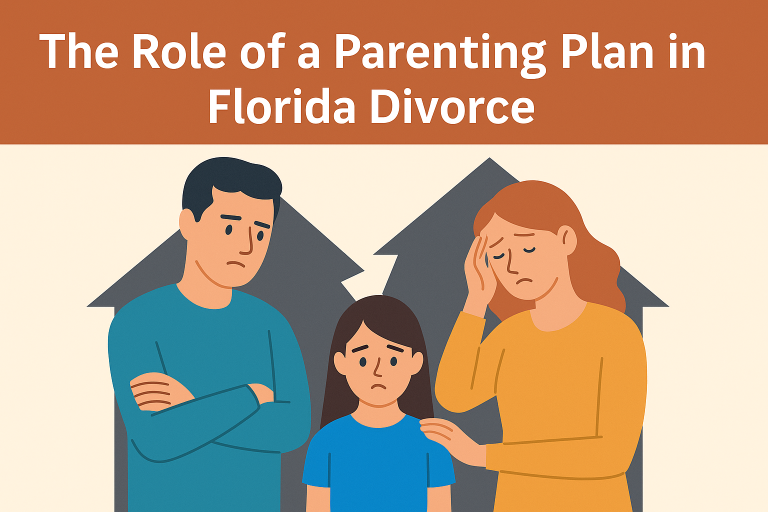
Many families build their Florida parenting plan during divorce to avoid future arguments. And yes, the judge will look at every detail.
What Must Be Included in a Parenting Plan?
You’ll need to cover who handles school choices, medical stuff, and even bedtime rules. Courts want specifics, vague answers don’t fly. Think of it as a contract for how you’ll raise your child from two homes.
Don’t forget to note holiday splits, vacations, and digital communication. If you’re stuck, Florida’s official child support and custody forms can help you organize it.
Impact of Parenting Plan on Child Support Calculation
Yes, your schedule changes your payment. The more overnight stays you have, the more your expenses go up, and your support amount goes down.
That’s why Florida uses the Income Shares Model, which factors in time-sharing. Even missing a few overnights can tilt the numbers.
Handling Travel and Long-Distance Parenting
If one parent lives far away, the parenting plan must include who pays for travel, where exchanges happen, and what happens if someone misses a flight. These little things can turn into big problems if not written down.
Many co-parents struggle with this, especially if they move for work. In that case, modifying your agreement might be the next step.
How Child Support is Calculated in Florida
Child support in Florida isn’t guesswork, it’s a math formula. The court looks at both parents’ income, how many nights the child stays with each, and what’s being paid for healthcare or daycare.
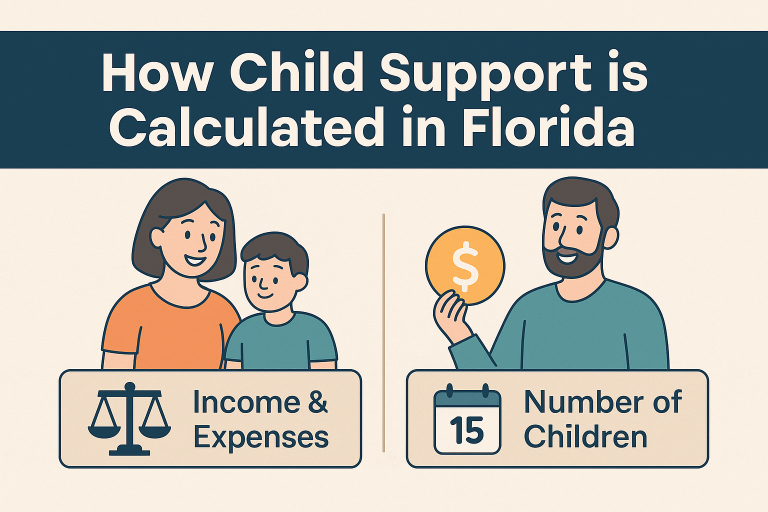
It’s all based on the Florida Child Support Guidelines, which are used in tools like this calculator to predict payment amounts. You don’t need to be a lawyer to use it.
Factors That Influence Support Amounts
Here’s what changes the numbers:
- Your gross income
- Childcare expenses
- Health insurance for the child
- Number of overnights
It’s smart to track everything with receipts and documents. Even things like bonuses or part-time income count. Learn what’s included in Florida’s income guidelines so nothing surprises you.
Role of Overnights and Income Shares Model
More nights with your child = more costs = less you may have to pay. But don’t try to game the system. Judges know when someone’s inflating time just to lower support.
That’s why the child support worksheet is so important, it shows exactly how time-sharing and money line up.
What Happens When Your Income Is Unstable?
Got laid off? Freelancing? Florida courts don’t stop child support because your job did. But you can ask for a modification. Just don’t wait too long.
If you’re stuck, look into how child support reduction works when life changes fast.
Understanding Alimony in Florida Divorce Cases
After divorce, it’s not just the kids who need support, sometimes adults do too. That’s where alimony comes in. In Florida, it’s meant to help one spouse get back on their feet if there’s a big gap in income or opportunity.
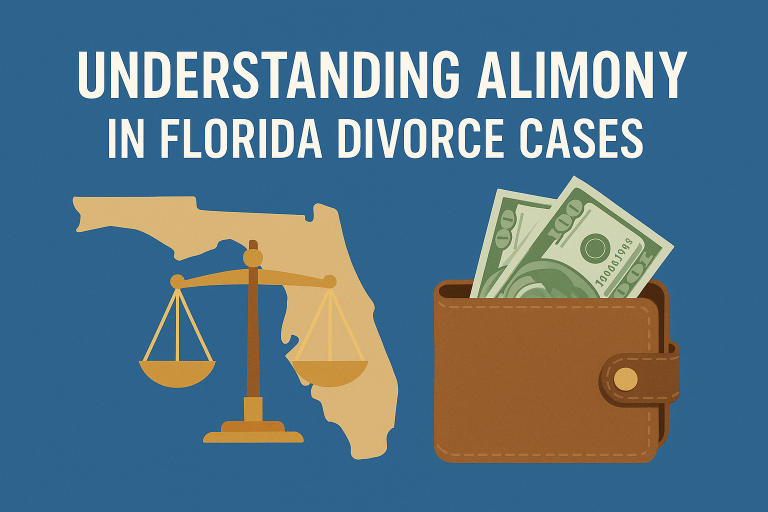
It’s separate from child support, but it still affects your budget. Alimony may last a few months or a few years, depending on your situation.
Types of Alimony Allowed in Florida
Florida offers different types, like bridge-the-gap, rehabilitative, and durational. Each one has a purpose. For example, bridge-the-gap helps you pay bills during the transition. Rehabilitative alimony covers education or job training.
You can’t just pick what you want. The judge decides based on income, marriage length, and needs. If child-related expenses are also involved, this support breakdown helps you see the full picture.
2023 Reforms: No More Permanent Alimony
Big change alert: As of 2023, permanent alimony is gone in Florida. No more lifetime payments. The new law focuses on fairness and clear time limits.
So now, if you’re worried about paying or receiving support forever, take a deep breath. The system is trying to be more balanced.
Want to see how these reforms affect your case? Some Florida child support factors overlap with alimony rules, too.
How Alimony Affects Child Support and Budgeting
Here’s the twist: alimony isn’t counted as child support, but it does impact how support is calculated. If you’re paying alimony, your income is lower. That may reduce your support amount.
On the flip side, if you receive it, your income is higher. That could raise your share. So don’t ignore this when filling out your Florida child support worksheet.
Adjusting Financial Life After Divorce in Florida
Life after divorce is like starting a new level in a game, but without the cheat codes. You’ve got new expenses, one income, and maybe kids to support too. It can feel like a lot, but smart steps make it manageable.
Your parenting plan will outline who pays for what. Still, don’t forget to plan for yourself, rent, bills, savings, and even surprise costs like school trips or medical needs.
Setting Up a Single-Income Budget
Start with the basics: how much comes in and how much goes out. Include rent, food, car, internet, and of course, support payments. Be honest with yourself.
A smaller paycheck doesn’t mean a smaller life. It means smarter choices. This is where your support amount plays a big role.
Dealing With Debt, Credit Repair, and Taxes
Divorce often brings debt, credit cards, legal fees, or even shared loans. One idea is to create a fresh account and slowly pay off the old ones. Keep track of everything.
And don’t forget taxes. Child support isn’t taxed, but alimony might be, depending on your case. If you’re unsure what counts as income, this income guide helps sort it out.
Updating Insurance, Wills, and Financial Plans
Insurance? Yep, that too. You may need a new health plan or to switch your child’s insurance coverage. Also, update wills, retirement accounts, and emergency contacts.
Many parents forget this step until it’s too late. If your situation has changed a lot, it may also be time to request a support modification to match your new life.
Modifying Custody or Child Support in Florida
Sometimes life changes faster than your court papers. New job? New city? Less income? Florida lets you modify custody or child support, but only if something big changes.
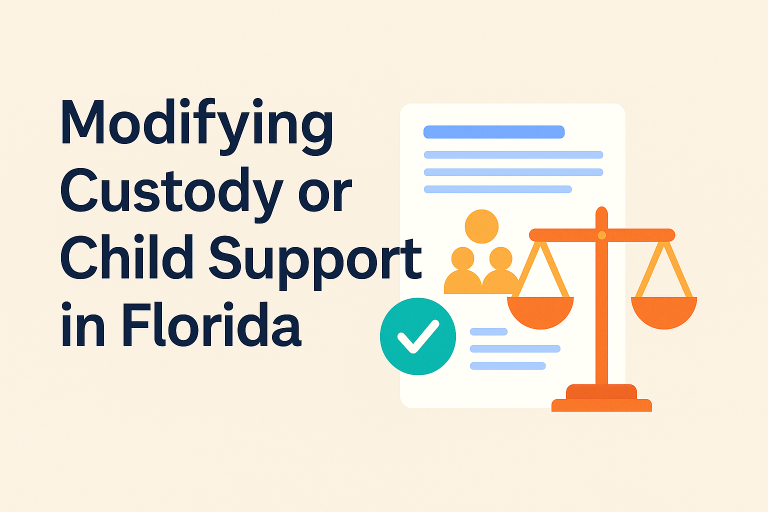
These aren’t quick fixes, though. You need good reasons, clear proof, and sometimes legal help. Still, it’s your right to ask, especially if the old plan no longer works.
When Can You File for Modification?
Here’s when you can make changes:
- You lost a job
- One parent moved far away
- The child’s needs have shifted (like school or medical care)
If the difference is major and ongoing, courts will listen. This post on child support reduction explains what’s considered a “substantial change.”
Temporary vs. Permanent Modifications
Not every change has to last forever. If one parent is sick, in school, or relocating for a few months, a temporary change may be enough.
But if the shift is long-term, like a major income drop, the change becomes permanent. Your Florida parenting plan should be updated, too, so everything matches.
Relocation Laws and the 50-Mile Rule
Here’s a Florida-specific twist: if you move more than 50 miles away, you need court approval or the other parent’s agreement. This is to protect time-sharing and the child’s routine.
Even if you’re not moving far, Florida custody laws still apply. The court always checks if the change is best for the child, not just convenient for the parent.
What Happens When Custody Conflicts with Finances?
This part’s tough. You love your kids, but love doesn’t pay the rent. Sometimes, a parent wants more time with their child but can’t afford the basics like housing, food, or transportation. That’s when money and custody start pulling in opposite directions.
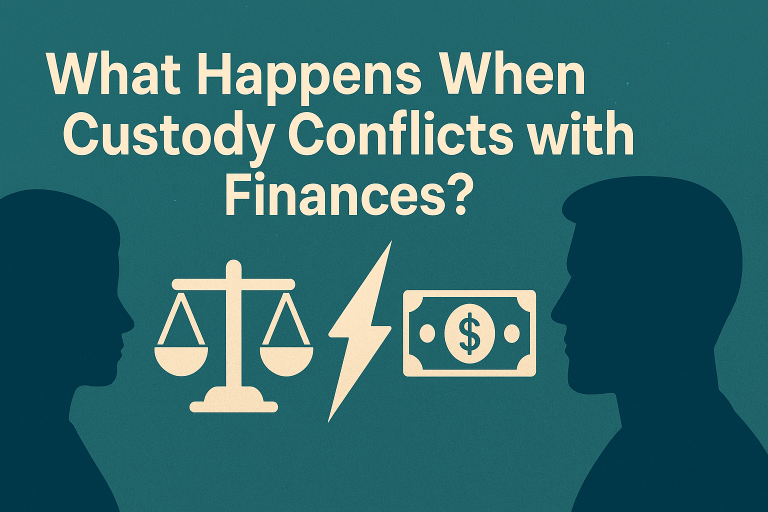
The court doesn’t punish you for being broke, but it does want to be sure your child is safe and stable. So yes, your financial situation can affect time-sharing, especially if the home setup doesn’t meet the child’s needs.
Can Low Income Limit Parenting Time?
Unfortunately, yes. If you don’t have a bed, a car seat, or space for your child, the court might limit overnight visits. This isn’t about fairness, it’s about safety.
Still, judges do understand hardship. If you’re already paying child support, they know that’s a financial strain, too. In some cases, you may qualify for a modification if your income has dropped.
Financial Barriers to Time-Sharing
Travel costs, missed work, and rent can all stop a parent from keeping a time-sharing schedule. These issues come up a lot, especially when one parent lives far away or works odd hours.
When this happens, a court may revise your Florida parenting plan or suggest a schedule that works better financially.
Solutions for Financially Struggling Parents
There are options. You can ask the court for transportation help, adjust time-sharing days, or even set up virtual time like video calls. Judges appreciate honesty more than perfection.
And if your financial life gets better? You can always request more time. Many parents rebuild and later seek changes based on new income or stability.
Florida Laws That Affect Custody and Finances
Florida doesn’t play guessing games with parenting or money. The rules are written in law, and they matter. Two big statutes shape everything: §61.13 for custody and §61.30 for child support. These aren’t just legal codes, they’re the blueprint for how your post-divorce life is built.
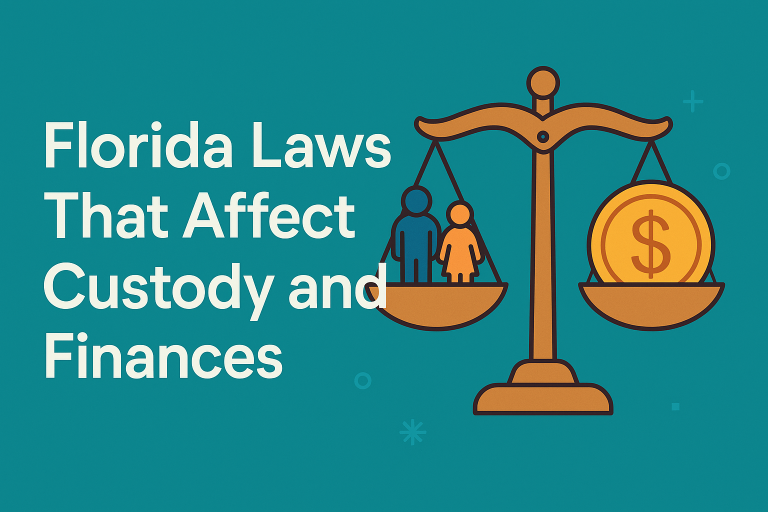
If you understand these laws, you’ll know what to expect before stepping into court. It also helps you ask the right questions and avoid common mistakes.
Overview of Fla. Stat. § 61.13 (Custody Law)
This one covers parenting plans, time-sharing, and what’s in the “child’s best interest.” It decides how parenting time is shared and how both parents stay involved.
Even if you and your co-parent fight, the law pushes for shared responsibility, unless one parent poses a serious risk. This court consideration guide explains how judges think through these choices.
Overview of Fla. Stat. § 61.30 (Child Support Law)
This part handles the numbers. It’s the rulebook behind Florida’s Income Shares Model. It looks at both parents’ incomes, costs, and time-sharing to figure out fair support.
The child support worksheet is based on this exact law. So if you’re filling one out, you’re already following §61.30, like it or not.
How These Laws Apply in Real-Life Scenarios
Let’s say one parent gets a big raise. That could trigger a child support change under §61.30. Or maybe one parent moves 100 miles away. That’s a big §61.13 issue, and it may change your custody terms.
Knowing these laws means you won’t be surprised in court or shortchanged at home.
Co-Parenting Tips: Balancing Time and Money
You’ve got a parenting plan, a budget, and a brain full of court terms. But real life is messier than paper. Co-parenting takes patience, planning, and a sense of humor. Especially when money and emotions run high.
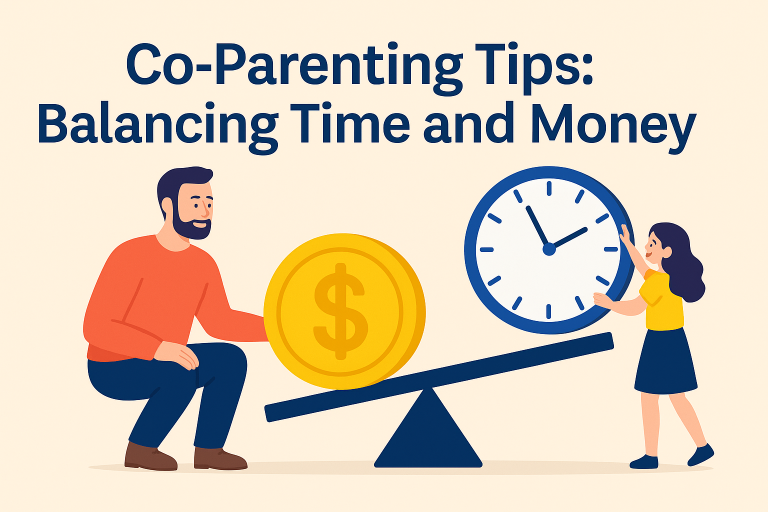
Still, you can make it work. With the right tools, teamwork, and expectations, co-parenting can feel… manageable.
Budgeting Tools and Expense Tracking Apps
Don’t rely on memory or text threads. Use apps like OurFamilyWizard, Splitwise, or even Google Sheets to track school supplies, sports fees, or doctor visits. This avoids arguments later.
And always keep records, especially if you’re sharing child-related costs listed in your parenting plan.
Communicating Financial Responsibilities
Money fights ruin co-parenting faster than anything. Set rules for who pays what. Stick to them. Text clearly. Avoid guilt trips.
If one of you is behind on payments, be honest, but also respectful. Courts don’t like games, but they do support cooperation.
Using Florida’s Online Resources and Local Support
You don’t have to figure it out alone. Florida offers tools like the official child support calculator and legal clinics for help.
Many counties also have parenting courses, free mediation, and budget counseling. Use what’s out there, it’s for your child’s sake, and yours too.
FAQs: Custody and Finances After Divorce in Florida
Let’s be real, divorce leaves you with more questions than answers. What if your ex doesn’t follow the rules? What if your income tanks? And what if you’re just trying to keep your head above water?
This section covers the most common worries Florida parents have about custody and child support, without the legal fog.
Final Thoughts: Planning for Long-Term Stability
Divorce is a chapter, not your whole story. The hard part? Balancing your child’s needs, your money, and your peace of mind. The good part? Florida gives you tools to build a stable, workable life post-divorce.
From modifying orders to adjusting parenting plans, you’ve got legal options. Use them wisely.
Build for Stability, Not Just Survival
Short-term solutions feel good fast, but smart moves help in the long run. Budget with intention. Choose schedules that match your life, not just court papers. Keep the child at the center of it all.
And remember, you don’t have to do it alone. From the Florida child support calculator to local legal clinics, help is out there.
Keep the Door Open for Change
Kids grow. Jobs change. So do relationships. What works today might not work next year, and that’s okay. Florida lets you update support, custody, and co-parenting terms when life shifts.
Be open. Be flexible. And above all, be ready.

